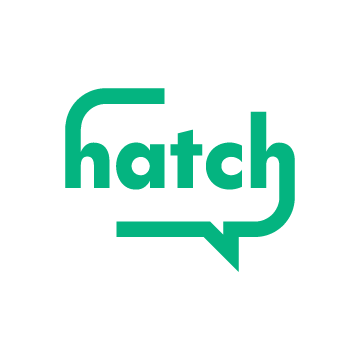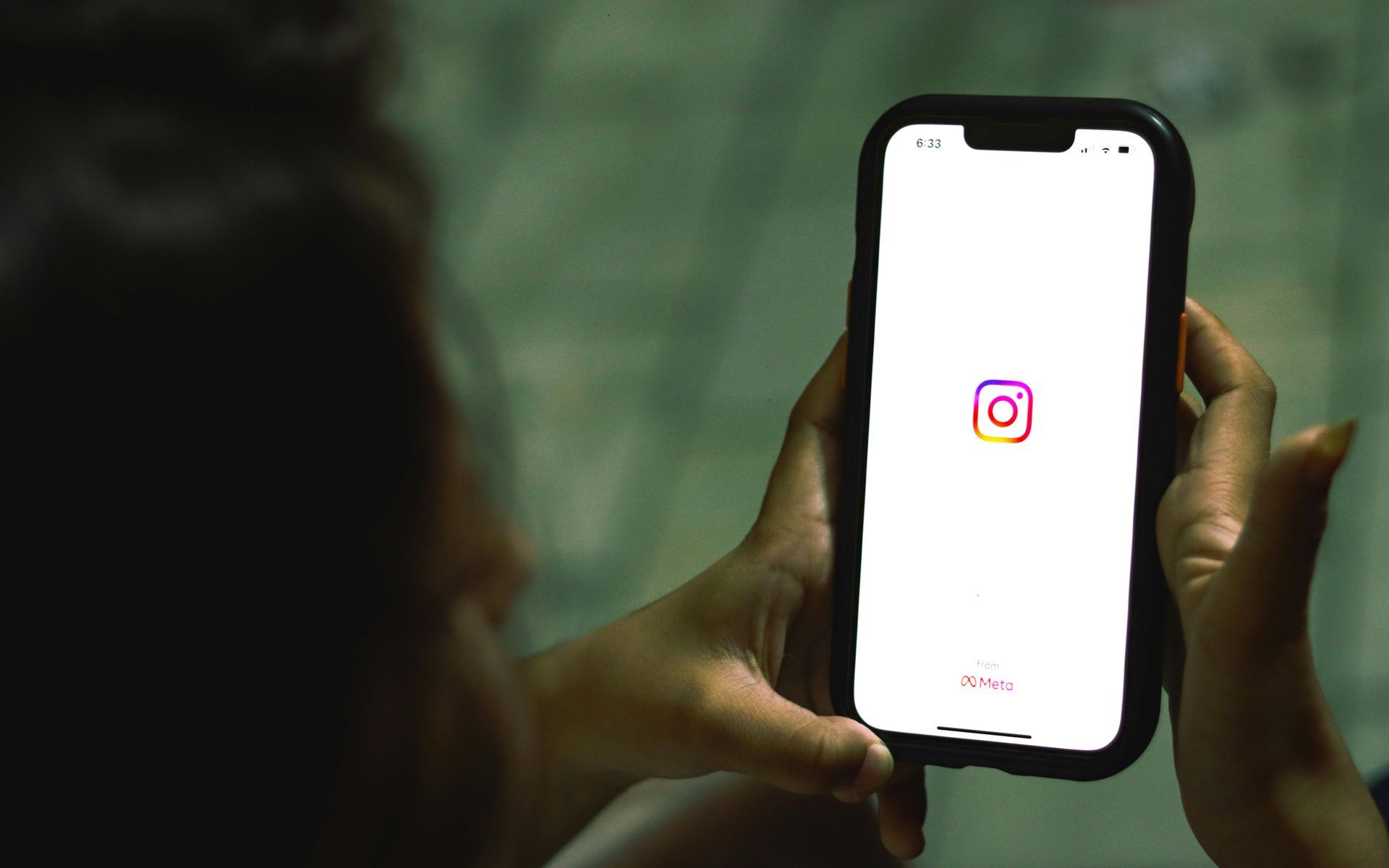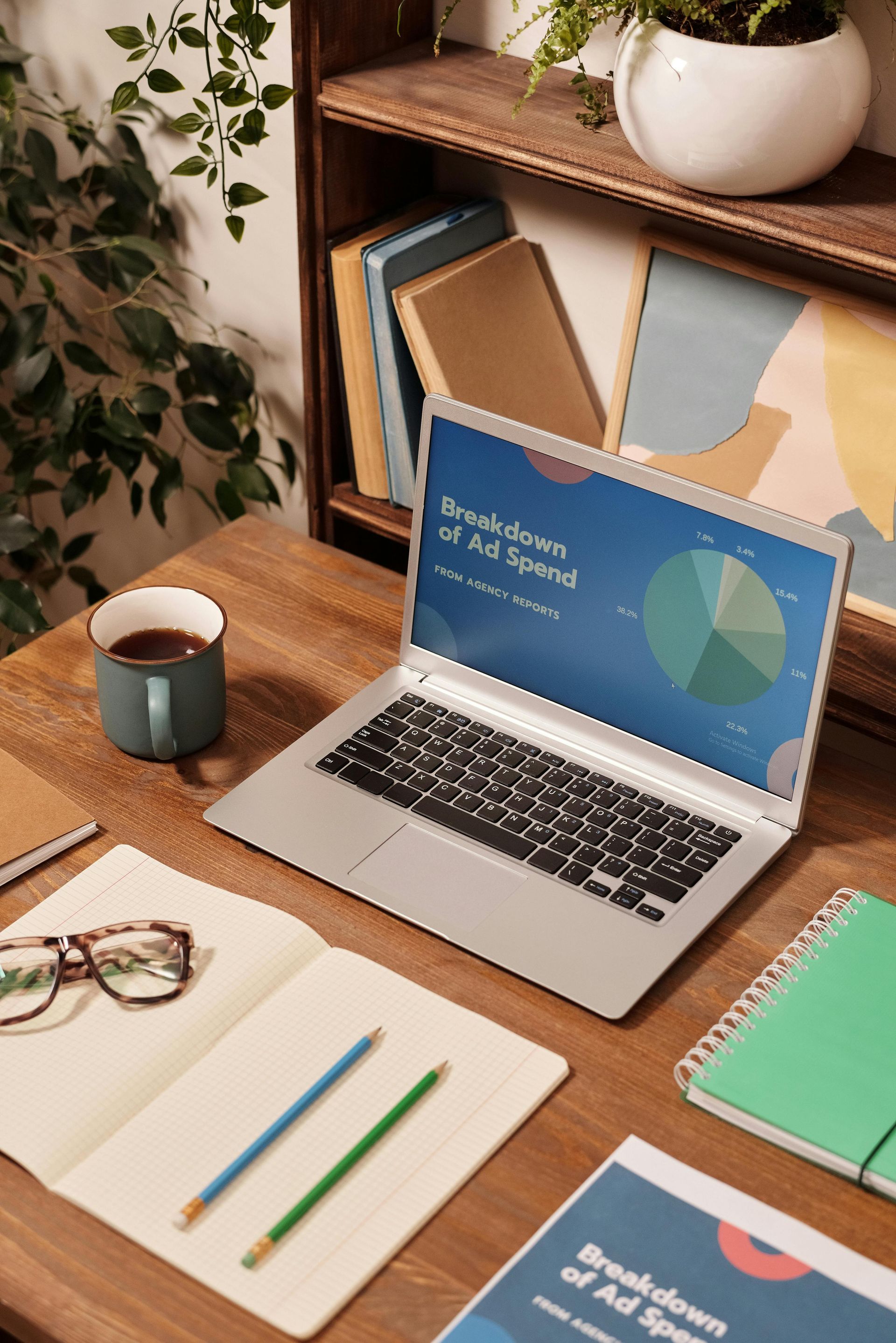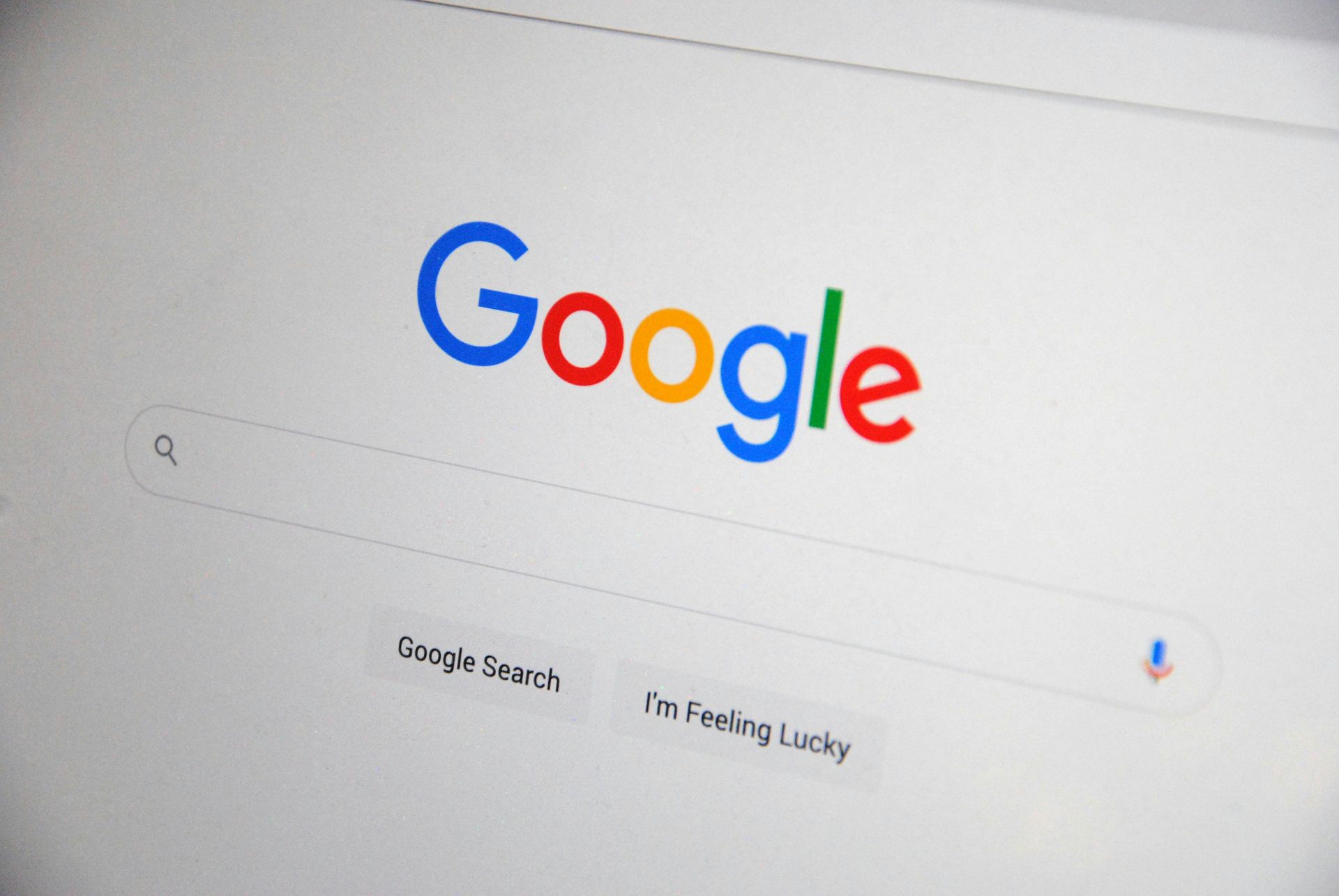Google vs. Meta Ads: Which Platform Is Best for Tourism Bureaus?
Google vs. Meta Ads: Which Platform Is Best for Tourism Bureaus?

In today’s competitive tourism landscape, attracting travelers requires more than just stunning imagery and compelling content—it demands a strategic digital marketing approach that reaches potential visitors where they spend the most time. Two of the most powerful platforms for tourism bureaus are Google Ads and Meta Ads (Facebook and Instagram).
Both platforms offer unique advantages, but which one is the best for tourism bureaus looking to boost visibility, increase bookings, and maximize ROI? The truth is, a balanced approach that leverages both platforms can deliver the best results, and that’s where Hatch Strategies comes in.
Let’s explore the benefits of each platform and how Hatch Strategies can help tourism bureaus craft a winning digital ad strategy.
Google Ads: Capturing High-Intent Travelers
Google Ads is a powerhouse when it comes to reaching travelers who are actively searching for destinations, accommodations, and experiences. It enables tourism bureaus to appear at the top of search results when users are ready to book or gather information.
Key Benefits of Google Ads for Tourism Bureaus:
1. High-Intent Targeting
- Travelers using Google are actively searching for terms like:
- “Best vacation spots in Europe”
- “Affordable beach resorts in California”
- “Top family-friendly destinations in Florida”
- With the right keyword strategy, your ads can appear at the top of these searches, capturing travelers who are ready to take action.
2. Diverse Ad Formats
- Search Ads: Appear at the top of Google search results when users look for travel-related queries.
- Display Ads: Visual banners across Google’s partner websites to increase awareness.
- Video Ads: Engaging content on YouTube that inspires travelers to explore your destination.
3. Geo-Targeting and Seasonal Campaigns
- Target travelers based on their location, ensuring promotions reach key markets.
- Seasonal ads can promote winter getaways, summer vacations, or special events happening in your destination.
4. Pay-Per-Click (PPC) Efficiency
- You only pay when someone clicks your ad, making it a cost-effective way to attract interested travelers.
When to Use Google Ads:
- When targeting travelers actively searching for a destination.
- To promote specific experiences, hotels, or events with high conversion potential.
- To drive traffic to your website for bookings and inquiries.
Meta Ads: Inspiring Travelers Through Visual Storytelling
Meta Ads, which include Facebook and Instagram, are ideal for tourism bureaus looking to build awareness, inspire potential travelers, and nurture engagement. These platforms allow bureaus to showcase their destinations through eye-catching visuals and immersive storytelling.
Key Benefits of Meta Ads for Tourism Bureaus:
1. Engaging Visual Content
- Facebook and Instagram thrive on high-quality images and videos, making them perfect for showcasing a destination’s scenic beauty, unique culture, and must-visit attractions.
2. Advanced Audience Targeting
- Meta Ads allow you to target potential visitors based on:
- Interests (e.g., adventure travel, luxury vacations, food tourism).
- Demographics (age, income level, family status).
- Travel behaviors (users who frequently engage with travel content).
3. Social Proof and Community Engagement
- Through ad comments, shares, and likes, travelers can interact with your content, boosting visibility and credibility.
- Featuring testimonials, user-generated content, and influencer partnerships builds trust.
4. Lead Generation Made Easy
- Meta’s built-in lead forms allow travelers to express interest in your destination without ever leaving the platform, making it easier to collect inquiries and follow up.
When to Use Meta Ads:
- When building brand awareness and sparking interest in your destination.
- To target specific travel personas based on interests and lifestyle preferences.
- For promoting seasonal deals, events, and itineraries in a visually engaging way.
Google Ads vs. Meta Ads: How They Compare for Tourism Bureaus
While both platforms are valuable, they serve different purposes within a traveler's journey:
1. User Intent:
- Google Ads = High intent. Users actively search for travel information, making them more likely to convert.
- Meta Ads = Passive intent. Users discover destinations through social feeds and may take time to book.
2. Targeting Approach:
- Google Ads = Targets by search intent, location, and behavior.
- Meta Ads = Targets by interests, demographics, and engagement patterns.
3. Content Format:
- Google Ads = Text-heavy with visual options like display and video ads.
- Meta Ads = Visually rich with images, videos, and carousel ad formats.
4. Conversion Speed:
- Google Ads = Faster conversions from high-intent users.
- Meta Ads = Nurtures interest over time before conversion.
The Winning Formula: Using Both Platforms Together
Rather than choosing between Google and Meta Ads, the most effective approach is a combination of both. Here’s how a balanced strategy can work for tourism bureaus:
1. Awareness Stage (Meta Ads):
- Inspire travelers with stunning visuals and engaging videos on social media.
- Target audiences based on their travel preferences and behaviors.
2. Consideration Stage (Google Ads):
- Capture travelers searching for more information about your destination.
- Direct them to your website to explore packages, itineraries, and accommodations.
3. Conversion Stage (Retargeting on Both Platforms):
- Use Google Display and Meta retargeting ads to re-engage users who visited your website but didn’t book.
- Offer special promotions or limited-time deals to encourage bookings.
How Hatch Strategies Can Help Tourism Bureaus Maximize Results
At Hatch Strategies, we understand the complexities of marketing destinations in the digital space. Our tailored approach helps tourism bureaus harness the power of both Google and Meta Ads to reach travelers at every stage of their journey.
How We Help:
- Customized Strategy Development:
- We craft campaigns tailored to your destination’s unique selling points.
- Data-Driven Optimization:
- Our experts analyze performance data to continually refine and improve your campaigns.
- Smart Budget Allocation:
- We ensure your ad spend is allocated efficiently across platforms to maximize ROI.
- Creative Collaboration:
- Partnering with your team to develop visually engaging content that resonates with your audience.
Conclusion: A Balanced Approach for Maximum Tourism Growth
Both Google and Meta Ads offer unique advantages for tourism bureaus, and when used together strategically, they create a powerful marketing funnel that attracts travelers, nurtures interest, and drives bookings.
With Hatch Strategies by your side, your tourism bureau can leverage the best of both platforms to capture travelers at the right time, in the right place, with the right message.
Ready to boost your destination’s visibility and drive bookings? Contact Hatch Strategies today to develop a tailored digital advertising plan that delivers real results.
For more insights and expert strategies, follow our blog or reach out to our team today! 🚀












